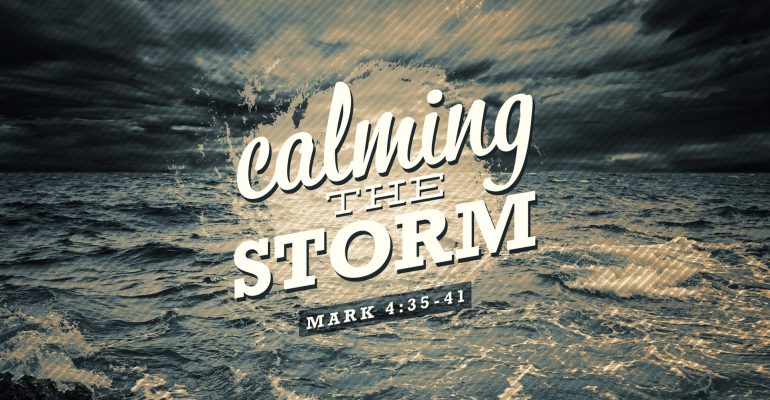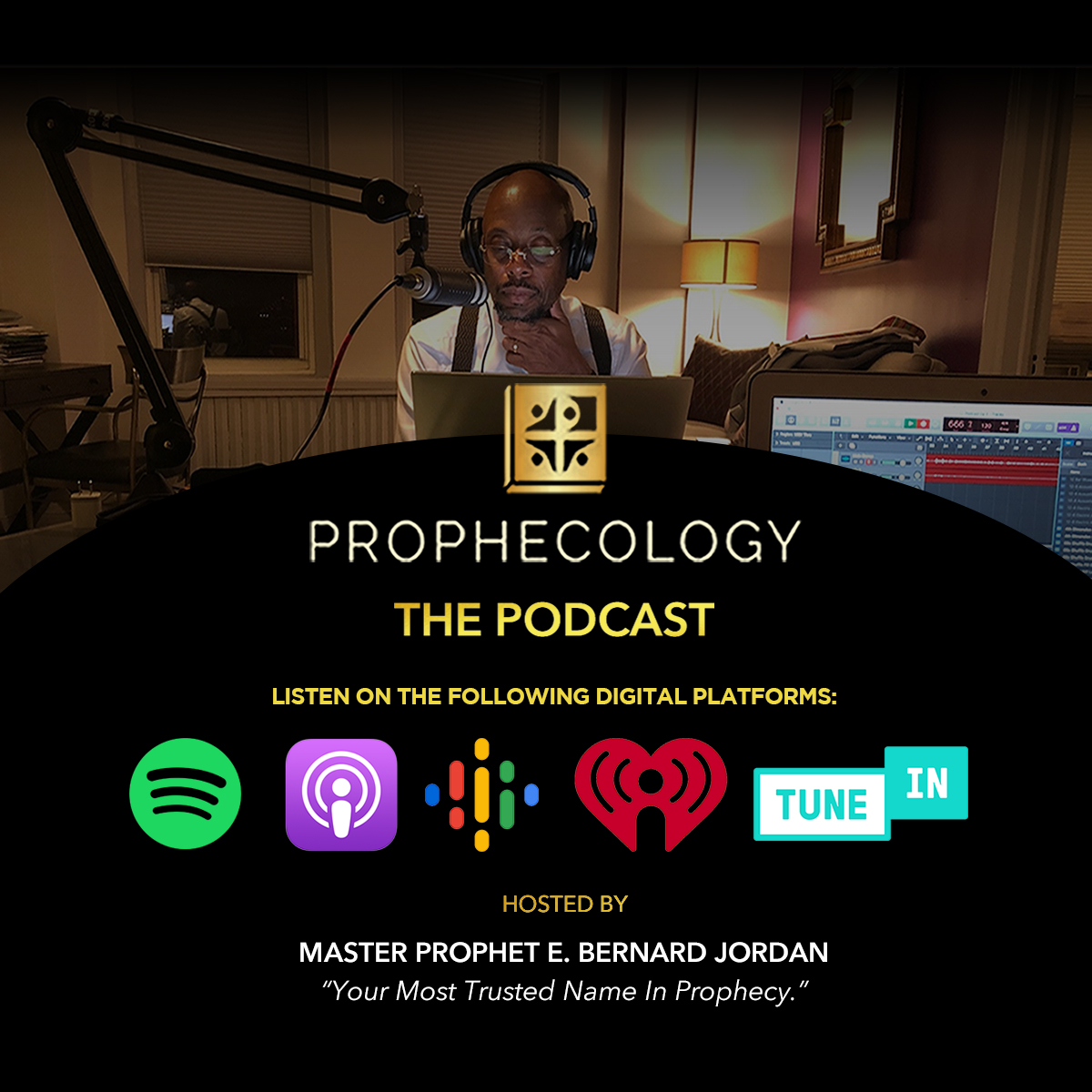Performatives in the Bible
June 10, 2020 2023-04-05 19:12Performatives in the Bible
Performatives in the Bible
Performatives in the Bible
One example of performatives in the Bible comes in the form of Jesus speaking to the storm. It speaks to so much of life’s situations on so many levels, not just in the physical act of calming the storm but also in the spiritual aspect as well. Let’s take a look at it here:
35 When evening came, Jesus said to his disciples, “Let’s go over to the other side of the lake.” 36 They left the crowd behind. And they took him along in a boat, just as he was. There were also other boats with him. 37 A wild storm came up. Waves crashed over the boat. It was about to sink. 38 Jesus was in the back, sleeping on a cushion. The disciples woke him up. They said, “Teacher! Don’t you care if we drown?”
39 He got up and ordered the wind to stop. He said to the waves, “Quiet! Be still!” Then the wind died down. And it was completely calm.
40 He said to his disciples, “Why are you so afraid? Don’t you have any faith at all yet?”
41 They were terrified. They asked each other, “Who is this? Even the wind and the waves obey him!” (Mark 4:35-41)
It’s rather interesting how the physical calming of the storm resulted in the internal calming of the storm. It may say here that the disciples thereafter were terrified, but it wasn’t that they were afraid of what happened. It was that they couldn’t quite believe something like that happened and that Jesus had that much power. Such is the reaction that most of us probably have when we see what we speak come to pass. We have often heard someone described as having a golden tongue; someone whose words or predictions almost always seem to come to pass. There are those who are able to harness such authority in the performative that they speak, they also end up accomplishing more than initially intended. Such is the situation in another miracle done by Jesus:
Sometime later, Jesus went up to Jerusalem for one of the Jewish feasts. 2 In Jerusalem near the Sheep Gate is a pool. In the Aramaic language it is called Bethesda. It is surrounded by five rows of columns with a roof over them. 3-4 Here a great number of disabled people used to lie down. Among them were those who were blind, those who could not walk, and those who could hardly move. 5 One person was there who had not been able to walk for 38 years. 6 Jesus saw him lying there. He knew that the man had been in that condition for a long time. So he asked him, “Do you want to get well?”
7 “Sir,” the disabled man replied, “I have no one to help me into the pool when an angel stirs up the water. I try to get in, but someone else always goes down ahead of me.”
8 Then Jesus said to him, “Get up! Pick up your mat and walk.” 9 The man was healed right away. He picked up his mat and walked.
This happened on a Sabbath day. 10 So the Jewish leaders said to the man who had been healed, “It is the Sabbath day. The law does not allow you to carry your mat.”
11 But he replied, “The one who made me well said to me, ‘Pick up your mat and walk.’ ”
12 They asked him, “Who is this fellow? Who told you to pick it up and walk?”
13 The one who was healed had no idea who it was. Jesus had slipped away into the crowd that was there.
14 Later Jesus found him at the temple. Jesus said to him, “See, you are well again. Stop sinning, or something worse may happen to you.” (John 5:1-14)
Here, we see that Jesus did not explicitly speak healing, but when he commanded the man to stand up and pick up his mat, he also spoke forth the ability to do so if the man follows what Jesus said, and he did. And not much later, Jesus gives another command, for him to stop sinning. Whether that proves to be done or not is not mentioned in the story, but we can hope that as Jesus healed him physically, he also has been healed spiritually. Because we can trust that the Lord won’t ask us to do anything that His grace will not sustain us to do.
Experience the Power of Prophecy as a gift to open your mind to receive the Mind of Christ.







